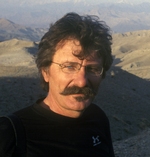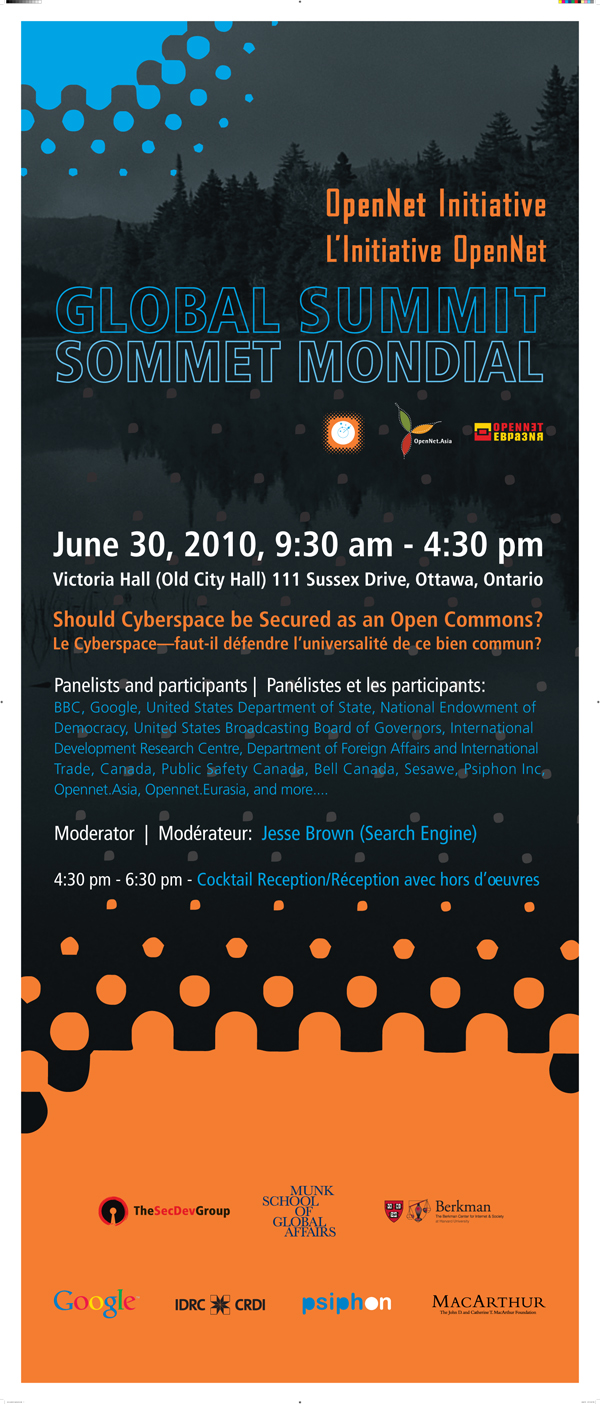SECRECY NEWS
from the FAS Project on Government Secrecy
Volume 2010, Issue No. 50
June 21, 2010
The Federal Bureau of Investigation identified 14 suspected “leakers” of classified U.S. intelligence information during the past five years, according to newly disclosed statistics (pdf).
Between 2005 and 2009, U.S. intelligence agencies submitted 183 “referrals” to the Department of Justice reporting unauthorized disclosures of classified intelligence. Based on those referrals or on its own initiative, the FBI opened 26 leak investigations, and the investigations led to the identification of 14 suspects.
“While DOJ and the FBI receive numerous media leak referrals each year, the FBI opens only a limited number of investigations based on these referrals,” the FBI explained in a written response to a question from Senator Sheldon Whitehouse (D-RI).
“In most cases, the information included in the referral is not adequate to initiate an investigation. The most typical information gap is a failure to identify all those with authorized access to the information, which is the necessary starting point for any leak investigation. When this information is sufficient to open an investigation, the FBI has been able to identify suspects in approximately 50% of these cases over the past 5 years. Even when a suspect is identified, though, prosecution is extremely rare (none of the 14 suspects identified in the past 5 years has been prosecuted),” the FBI said.
The FBI report to Congress predated the indictment of suspected NSA leaker Thomas A. Drake, who was presumably one of the 14 suspects that the FBI identified. The case of Shamai Leibowitz, the FBI contract linguist who pled guilty to unauthorized disclosures in December 2009, is not reflected in the new report and may be outside the scope of intelligence agency leaks that were the subject of the congressional inquiry.
The FBI recommended that agencies continue to report unauthorized disclosures of classified information to the Department of Justice for possible criminal investigation, but it said they should also consider imposing their own administrative penalties. “Because indictments in media leak cases are so difficult to obtain, administrative action may be more suitable and may provide a better deterrent to leaks of classified information,” the FBI said.
The previously unreported statistical information on unauthorized disclosures of classified intelligence information was transmitted to Congress on April 8, 2010 and was published this month in the record of a September 16, 2009 Senate Judiciary Committee hearing (pdf).
“As a matter of national security and employment discipline, it is important that leakers face repercussions for improper disclosure of classified information,” Sen. Whitehouse said. This formulation notably implies that a leaker should be subject to punishment even if no damage to national security results from the unauthorized disclosure, so as to bolster an agency's authority over its employees.
The Obama Administration has adopted an increasingly hard line toward leaks of classified information with multiple prosecutions pending or underway, as noted recently in Politico (May 25) and the New York Times (June 11). A recent memorandum from the Director of National Intelligence will “streamline” the processing of leak investigations, Newsweek reported June 11.







